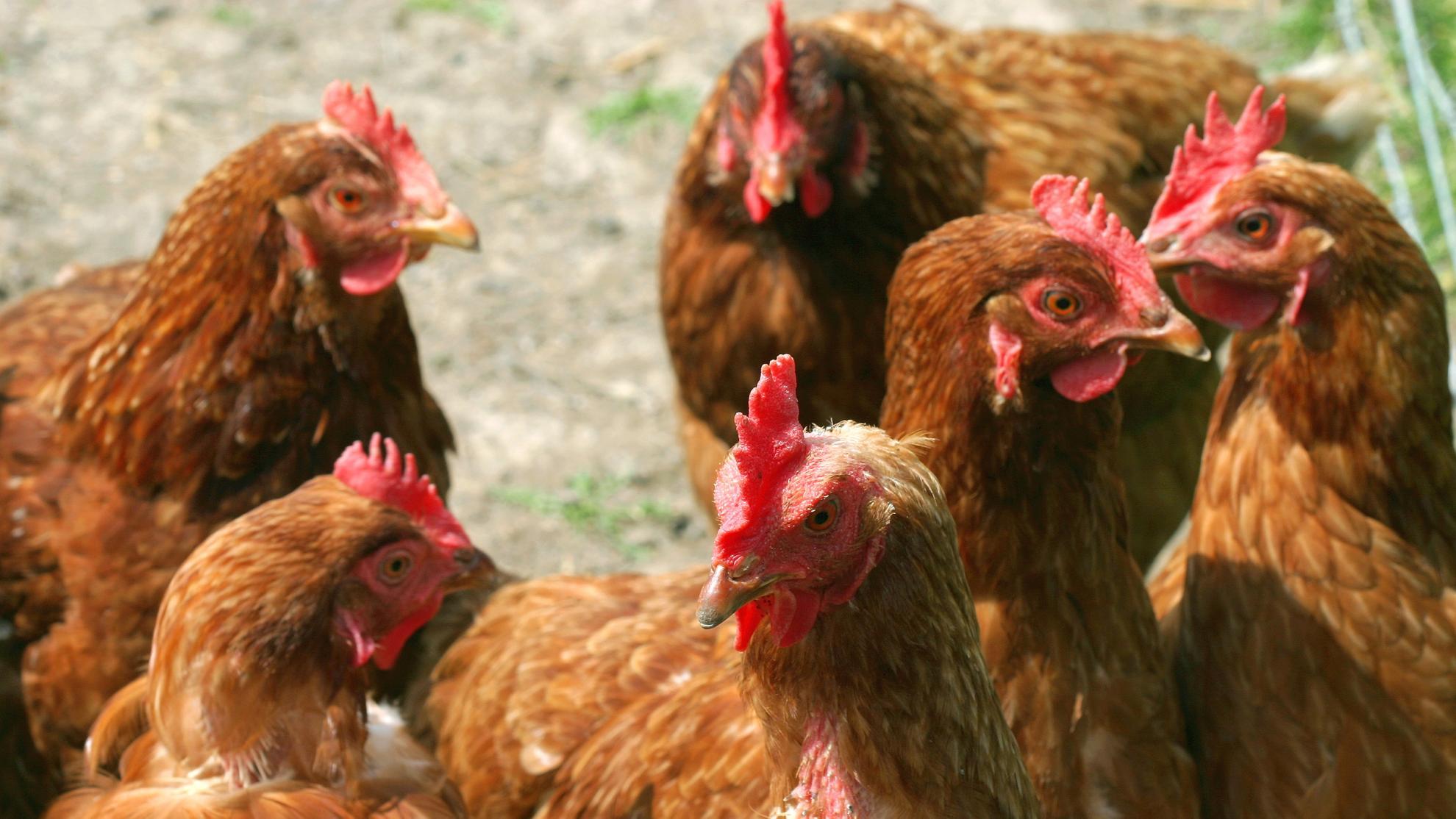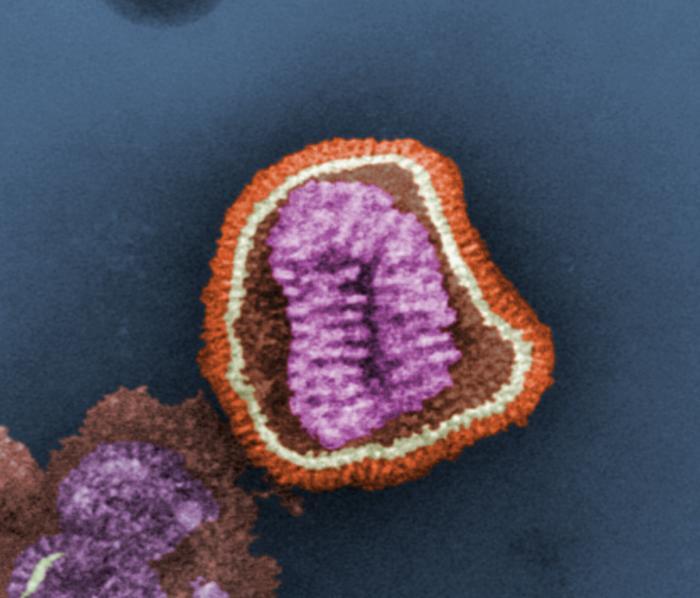Engineered recombinant single chain variable fragment of monoclonal antibody provides protection to chickens infected with H9N2 avian influenza
Passive immunisation with neutralising antibodies can be a potent therapeutic strategy if used pre- or post-exposure to a variety of pathogens. Herein, we investigated whether recombinant monoclonal antibodies (mAbs) could be used to protect chickens against avian influenza. Avian influenza viruses impose a significant economic burden on the poultry industry and pose a zoonotic infection risk for public health worldwide. Traditional control measures including vaccination do not provide rapid protection from disease, highlighting the need for alternative disease mitigation measures. In this study, previously generated neutralizing anti-H9N2 virus monoclonal antibodies were converted to single-chain variable fragment antibodies (scFvs). These recombinant scFv antibodies were produced in insect cell cultures and the preparations retained neutralization capacity against an H9N2 virus in vitro. To evaluate recombinant scFv antibody efficacy in vivo, chickens were passively immunized with scFvs one day before, and for seven days after virus challenge. Groups receiving scFv treatment showed partial virus load reductions measured by plaque assays and decreased disease manifestation. These results indicate that antibody therapy could reduce clinical disease and shedding of avian influenza virus in infected chicken flocks.

